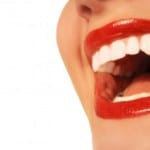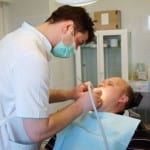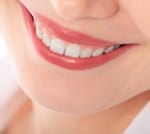 November is Mouth Cancer Awareness Month and we are determined to do everything we can to raise awareness of the importance of oral screening in Leeds. It sounds extreme to say a trip to the dentist could save your life, but with screening, this really is the case.
November is Mouth Cancer Awareness Month and we are determined to do everything we can to raise awareness of the importance of oral screening in Leeds. It sounds extreme to say a trip to the dentist could save your life, but with screening, this really is the case.
About screening
Screening is carried out to identify early warnings signs of dental diseases. We are able to use the latest technology to spot potential signs of dental decay and oral cancer before they become visible to the naked eye. In the case of oral cancer, the time of diagnosis is particularly important, as cancer can progress very quickly and the earlier it is treated, the higher the chance of survival.
Screening is nothing to be frightened of or worried about. The tests take minutes and there is no pain involved. In the unlikely event that potential problems are detected, further tests can be arranged and any treatment required can be administered as quickly as possible.
Looking out for signs of oral cancer
Although oral cancer affects more than 6,000 people in the UK every year, surveys suggest that many people are still unaware of what causes oral cancer and which symptoms to look out for. The main risk factors include drinking alcohol on a regular basis, smoking, a poor diet and HPV (human papilloma virus) infection. Symptoms to be wary of include any abnormal lumps or swelling in the mouth, mouth ulcers and sores that take a long time to heal, a persistent sore throat and difficulty swallowing. If you have any of these symptoms, it’s advisable to get checked out by your dentist or your GP.
If you’d like to find out more about our screening services or learn more about oral cancer, please don’t hesitate to call us and book an appointment.
















